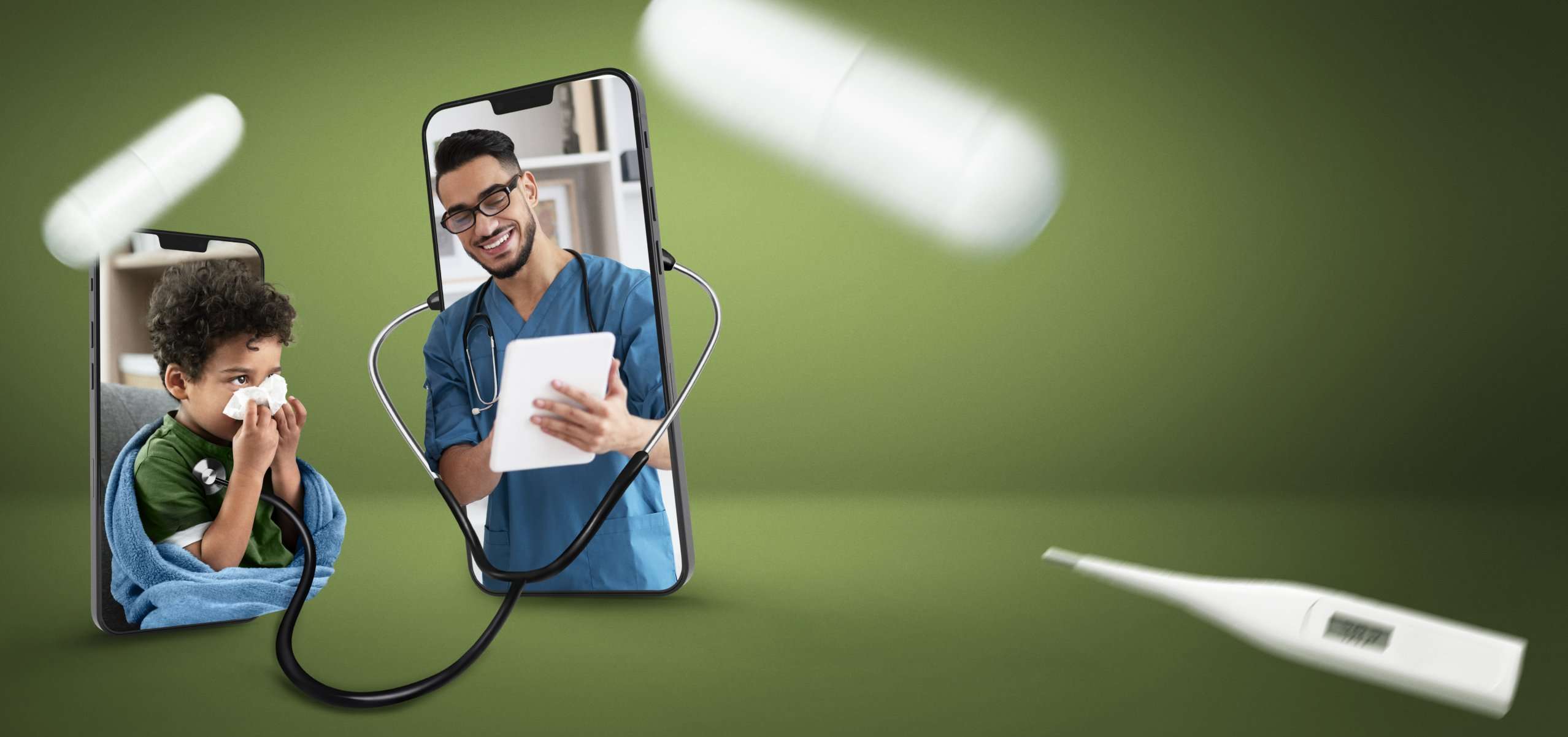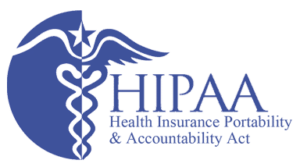Reimbursement will require you to know which waivers to Medicare coverage and payment policies end May 11.
Once the end of the public health emergency (PHE) for COVID-19 was announced by the White House and then by Department of Health and Human Services Secretary Xavier Bacerra, everyone jumped to mixed conclusions about what that meant for telehealth. Would the expanded coverage granted during the PHE remain in place under the Consolidated Appropriations Act of 2023?
The Centers for Medicare & Medicaid Services (CMS) has since published a staggering amount of information regarding continuing and ending coverages that will impact the payment policies of services and supplies under its purview. Let’s look at some key changes that apply to physicians and nonphysician practitioners.
Facts About Coverage Post PHE
Here are some highlights of what is changing on May 11, 2023, (or later) for telehealth services billed under Medicare Part B:
Virtual check-in codes (G2012, G2010, G2252) and remote patient monitoring codes will only be allowed for established patients after the PHE ends.
Medicare will continue to pay for audio-only telephone services billed with CPT® codes 99441-99443 through Dec. 31, 2024, when appropriate and all required elements in the code descriptions are met. The payment parity to CPT® codes 99212-99214 is also extended through Dec. 31, 2024.
Behavioral and mental health services (CPT® 90785-90840) are now permanently added to the Medicare Telehealth Services List and may be provided using audio-only equipment through Dec. 31, 2024.
All other services on the Medicare Telehealth Services list, unless otherwise indicated, require audio-video equipment permitting two-way, real-time interactive communication. CMS will update the list for 2024 using standard protocols.
Incident-to services via virtual supervision will no longer be allowed after Dec. 31, 2023.
When the PHE ends, CMS will continue to allow for a total deferral to state law regarding licensure requirements for billing Medicare for services provided outside of their state of enrollment. State laws may override this freedom, however.
Practitioners must resume reporting their home address on the Medicare enrollment beginning Jan. 1, 2024.
All telehealth platforms must be HIPAA compliant starting the day after the end of the PHE (May 12). Smart phone video options such as FaceTime and Skype will no longer be an option for telehealth after the PHE ends, per the Office of Civil Rights.
Place of service (POS) codes will continue to be used based on where the patient would have been seen had they been seen in person. However, POS 02 Patient not in their home when telehealth services are rendered or POS 10 Patient in their home when telehealth services are rendered may be reported, as appropriate. Reporting these specific POS codes will result in facility reimbursement.
Modifier 95 Synchronous telemedicine service rendered via real-time interactive audio and video telecommunications system will continue to be used for audio and video services for Medicare telehealth through 2024.
Modifier 93 Synchronous telemedicine service rendered via telephone or other real-time interactive audio-only telecommunications system must be used, as of Jan. 1, 2023, for all audio-only services. Many commercial payers have instructed providers to append this modifier to services listed in Appendix T of CPT® 2023.
Remember that this guidance applies to Medicare Part B only. Make sure to check other payers’ policies to ensure compliance.
Audit Concerns
Ongoing Office of Inspector General audits for Medicare fraud, waste, and abuse will continue, and modifier 93 could provide data mining for CMS and other payers to make sure phone call services are not abused or over-utilized.
Example: A patient calls into your pharmacy line for a refill of their prescriptions. Your mid-level provider refills the prescriptions that day and either your nurse practitioner or medical assistant calls the patient back to let them know their prescriptions were refilled. That is not a billable service. That is part of the cost of doing business and part of patient triage.
There is an interesting caveat in the Consolidated Appropriations Act that could be a trap for a future audit of your audio-only telehealth services.
Per a CMS Feb. 27, 2023, fact sheet:
“The Consolidated Appropriations Act, 2023, extended many telehealth flexibilities through December 31, 2024, such as:
> People with Medicare can access telehealth services in any geographic area in the United States, rather than only those in rural areas.
> People with Medicare can stay in their homes for telehealth visits that Medicare pays for rather than traveling to a health care facility.
> Certain telehealth visits can be delivered audio-only (such as a telephone) if someone is unable to use both audio and video, such as a smartphone or computer.”
This last bullet is important because the patient’s medical record will need to reflect why the patient was not able to get on an audio and video telehealth call and instead settled for an audio-only call. I would be willing to bet that aesthetic excuses will not fly with the federal government.
With the PHE going on three years now, providers should not be allowing the convenience of the phone call (audio only) over the medical appropriateness of the in-person and/or audio and video encounter. There should be a telehealth facilitator in your practice for those who need assistance with technology; any front desk, back office, or billing office employee can take this on to ensure appropriate connections for patients, like internet and the video connection on HIPAA-approved devices.
There is a time for audio-only, but those should be rare. If your providers did not conduct telephone services prior to PHE, it will appear suspect for them to start now.
For more information, visit: https://www.aapc.com/blog/87905-telehealth-services-after-the-phe/




